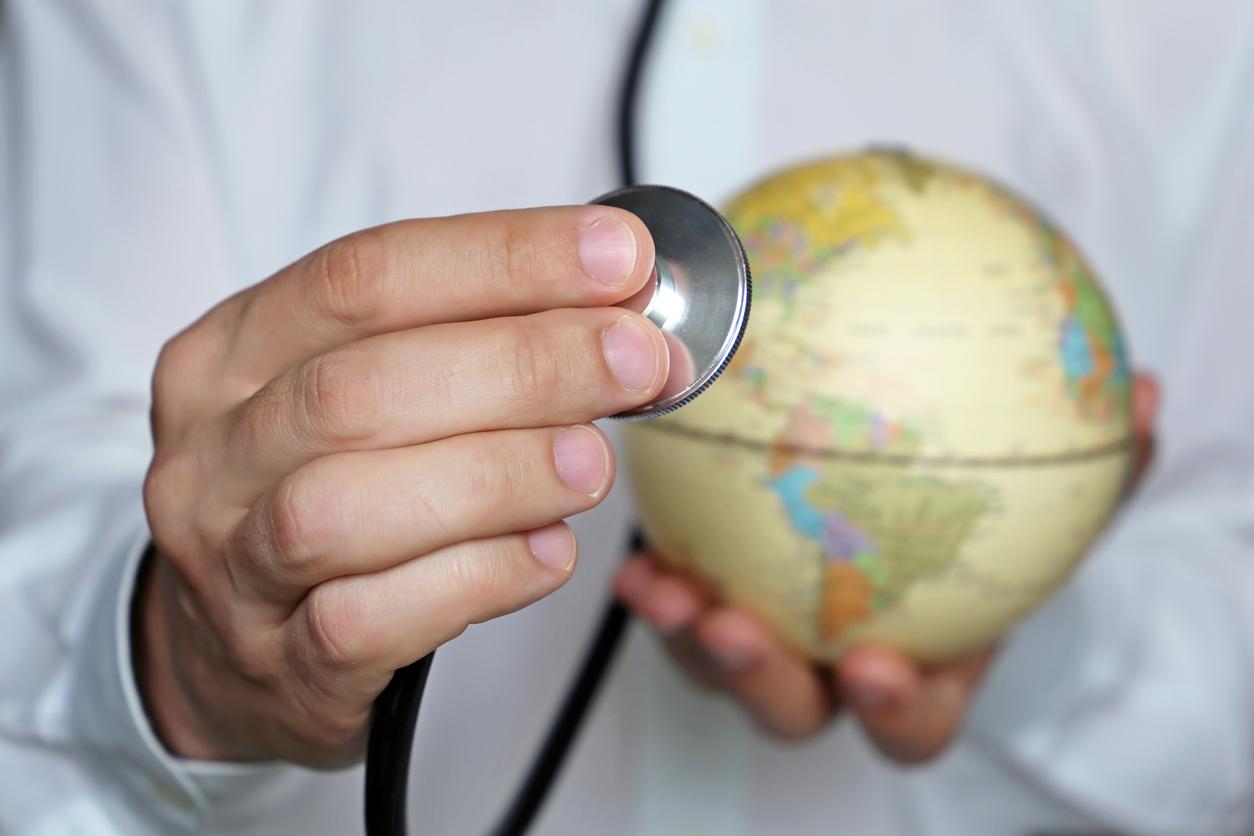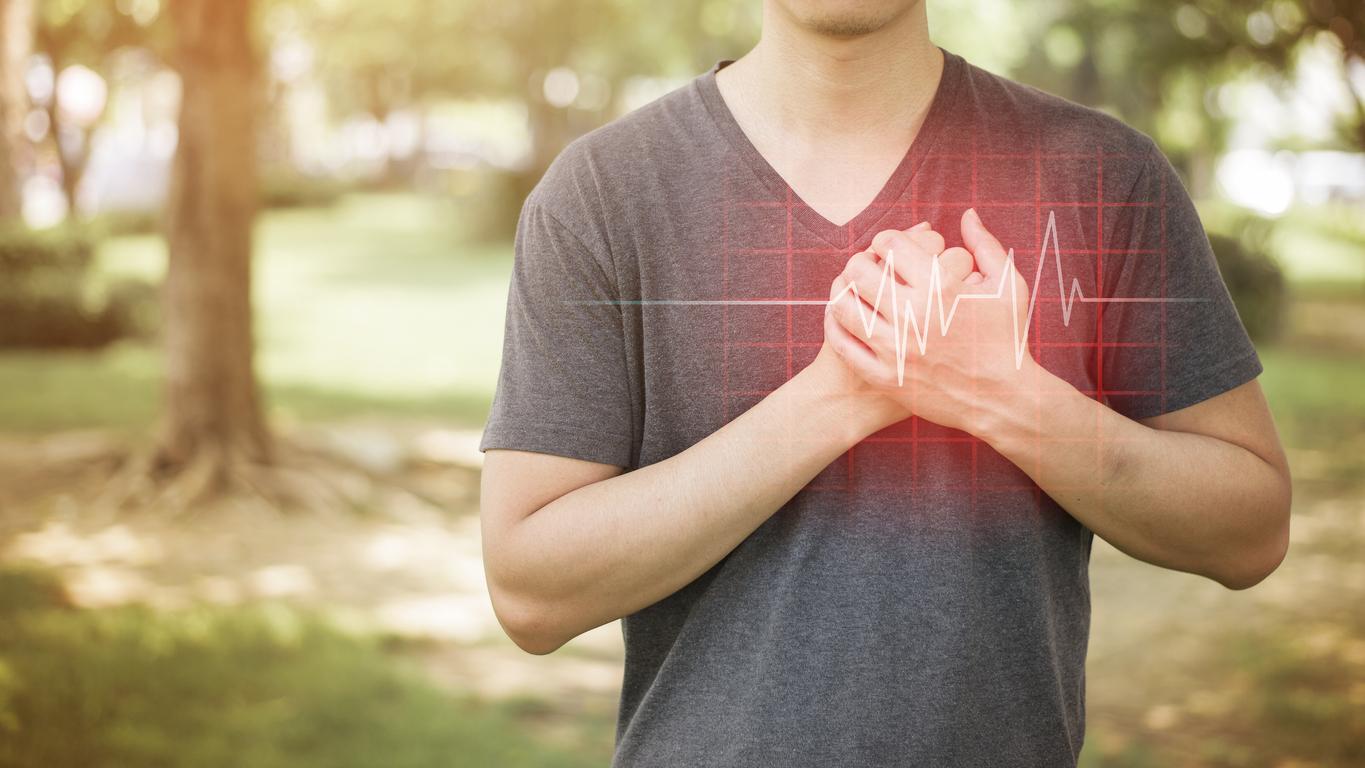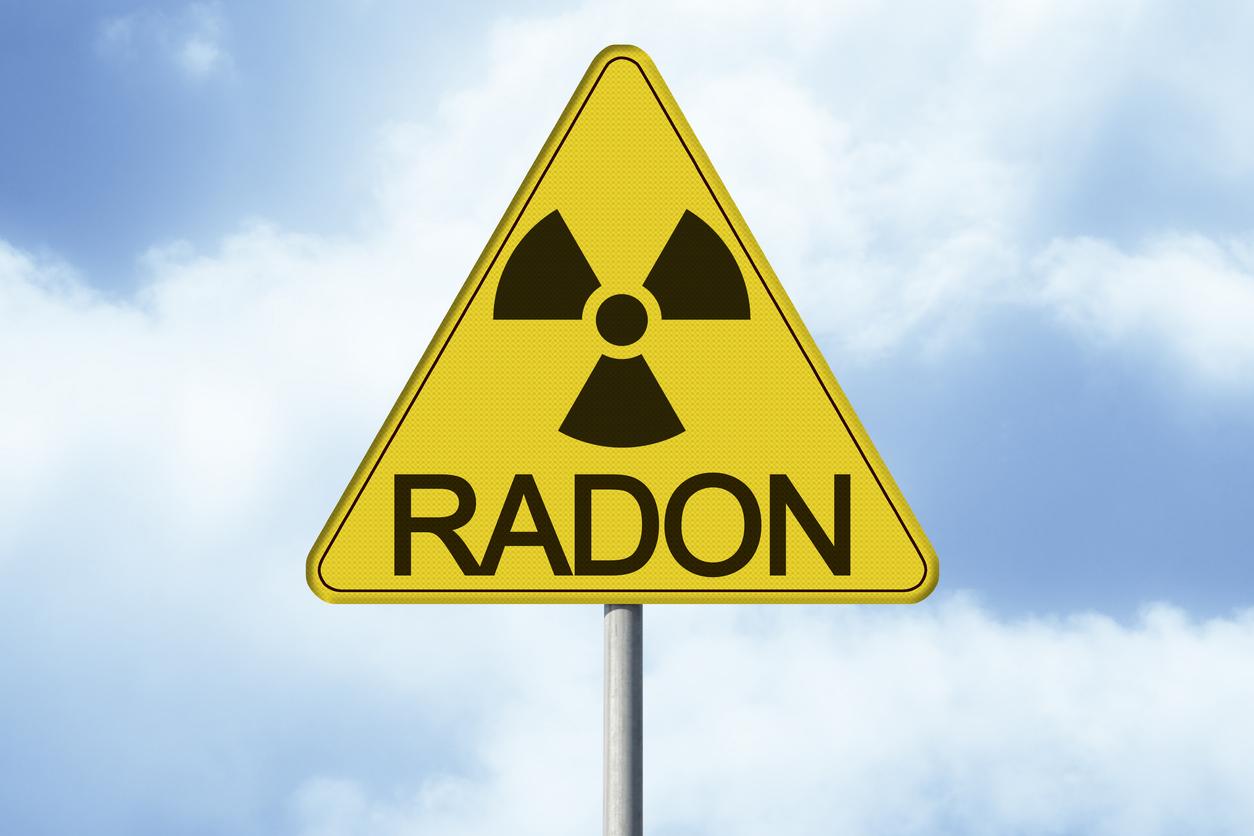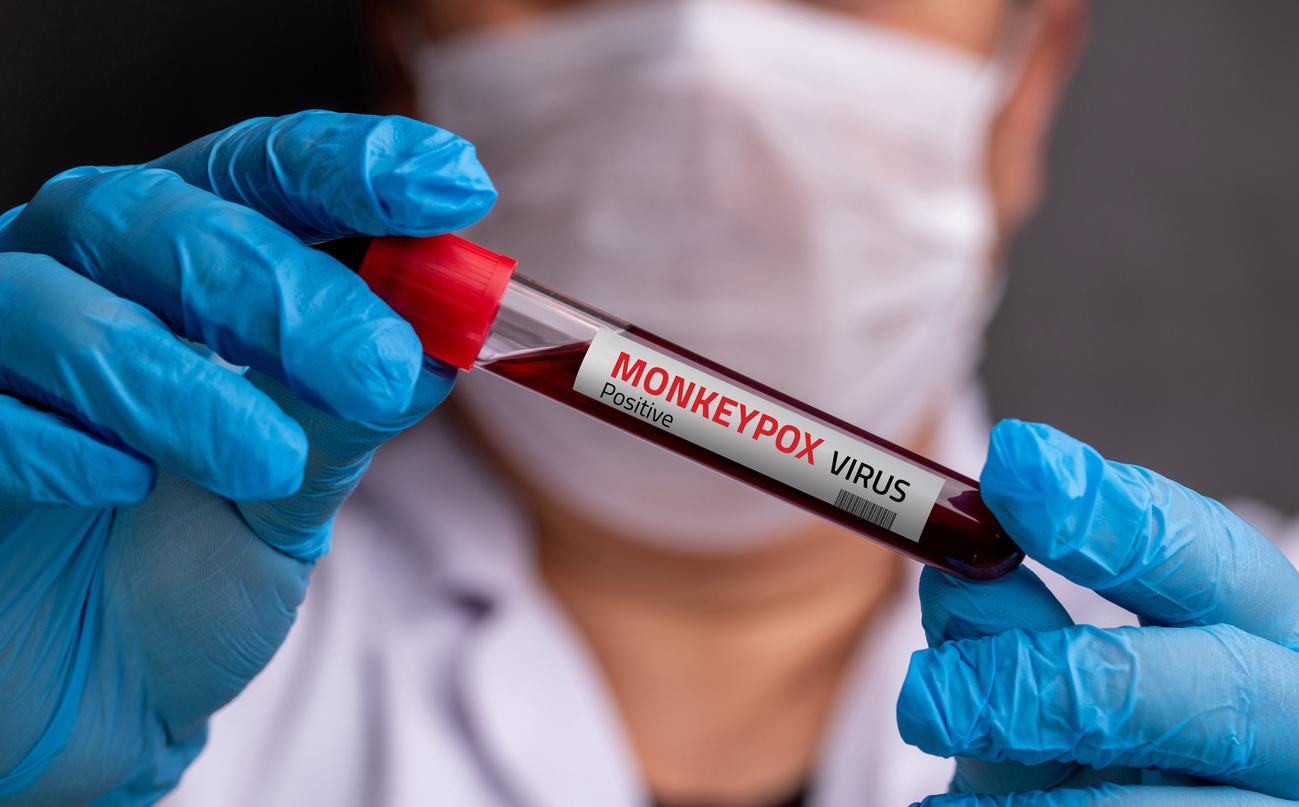How do climate changes directly impact human health, and how should health professionals adapt their practices to face the new challenges posed by these changes? Some answers in La Santé en Questions with Professor Bruno Housset, pulmonologist, and Professor Aurélien Dinh, specialist in infectious diseases.
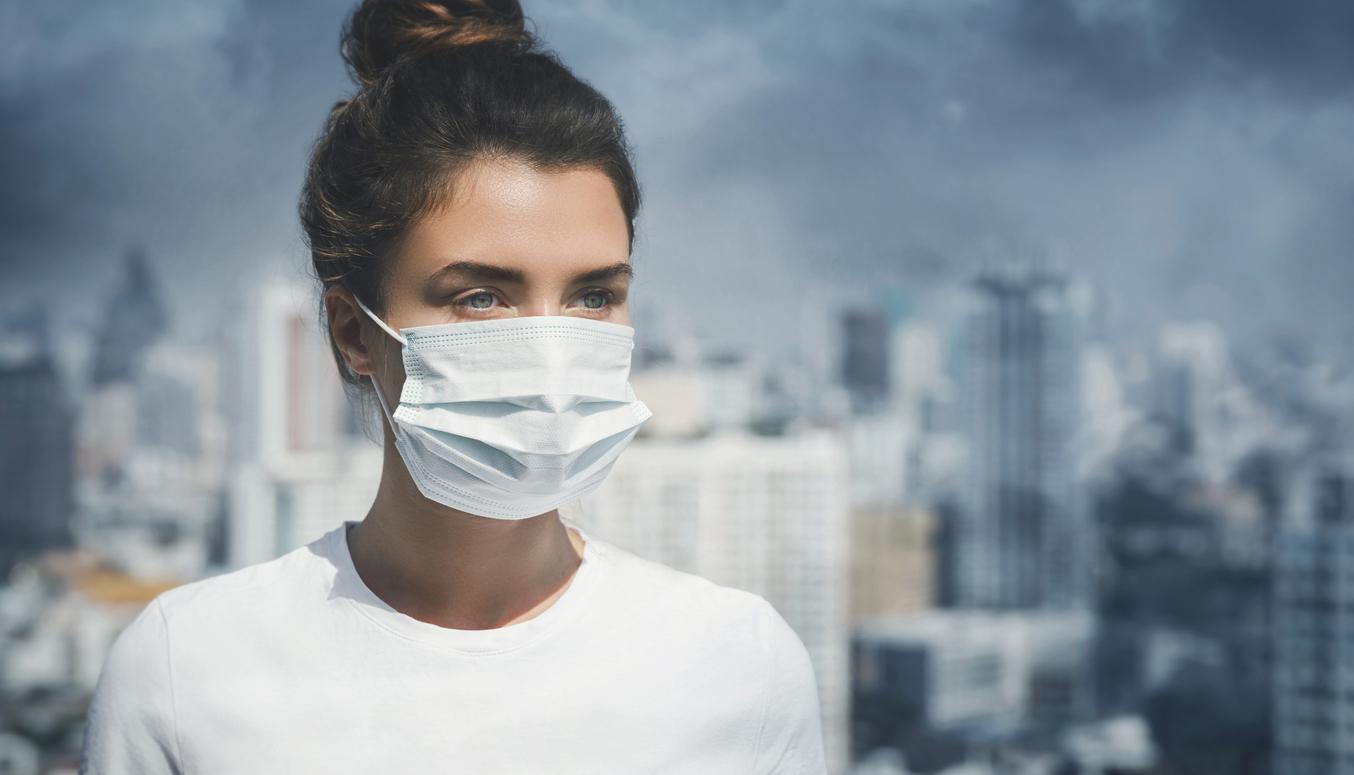
- The increasingly visible effects of climate change have a very significant impact on health.
- The risks are a development of respiratory, cardiovascular and infectious diseases.
- Two medical professors warn of the need for everyone to be aware of lifestyle issues and prevention.
A painful question arises: faced with the more than likely effects of climate change on health, should we despair? Air pollution, heat waves, extreme weather events, population movements, emergence of new pathogens, so many disasters predicted and often already visible which require a real health revolution. And it’s urgent! “The objectives to limit the effects of climate change are due by 2100, but if nothing changes by then, everyone will be dead!”warns Professor Bruno Housset, pulmonologist, who does not hide his concern by deploring that “not much is moving…”.
The risks are known: exacerbation of respiratory and cardiovascular diseases and certain cancers due to air pollution, greater circulation of infectious agents, disorganization of healthcare systems in the face of acute crises linked to the consequences of the evolution of the climate. “The Covid 19 pandemic which crossed the world at an unprecedented speed has clearly illustrated this”underlines Professor Aurélien Dinh, specialist in infectious diseases at the Raymond Poincaré hospital in Garches.
“Consuming without limits increases CO2 production”
So, would the man who has been able to adapt and survive for millennia to all the changes on the planet be powerless this time? Professor Housset’s response refers precisely to our origins: “The striatum, our deep brain which comes into action to ensure our survival through our needs for food, our reproduction and our ability to find our place in our environment is responsible for the current epidemic of obesity and consumerism which the cost on pollution is considerable. This instinct which pushes us to live like this, to continue to consume without limits, leads to a high production of CO2 and its effects on air quality and global warming… We have gone astray. what was necessary for our survival !”. “The citizen is responsible for the situation we are in today through his way of life”confirms Professor Aurélien Dinh.
Very concrete result for France: 90% of its population currently breathes polluted air. In addition to its effects on respiratory and cardiovascular health, the nanoparticles it contains and which pass into the blood are factors in thrombotic disorders and vectors for certain infectious agents, as has been demonstrated for Covid.
Urbanization more respectful of air quality
What are the solutions to this challenge for our health and that of future generations? “Today we are paying for our grandparents’ CO2 production, for our grandchildren, it will be even more complicated!”warns Bruno Housset who nevertheless offers some hope: “What we can act on is the effects of pollution, in particular by better controlling indoor air quality, and by having health professionals work with all those who develop our environment, urbanization, for example, is a key element in trying to reduce pollution”.
On the effects of climate change on the risk of infectious diseases, again actions are possible. “Vaccination is an effective weapon, as is innovation which already makes it possible, in certain southern countries, to intervene on vectors of viruses or bacteria, such as the experiments carried out on mosquitoes which have made it possible to prevent them from transmitting dengue fever, of which there are already indigenous cases in France today.explains Professor Aurélien Dinh.
Raise awareness among health professionals about the effects of climate change
Other means of prevention, raising awareness among health professionals, better information for populations and development of patient education on good practices and even on compliance with their treatments: “In asthma, often linked to air pollution, the compliance rate is barely 50%…”, Professor Housset is alarmed.
But in all cases, and both doctors are clear on this point, “Everyone, individually, must get involved now!” And, faced with the equally shared observation of a certain political inaction, everywhere in the world, they also show a reason for hope: “It risks getting worse despite the few measures we are going to take… But today, young people are born with this concern.”









